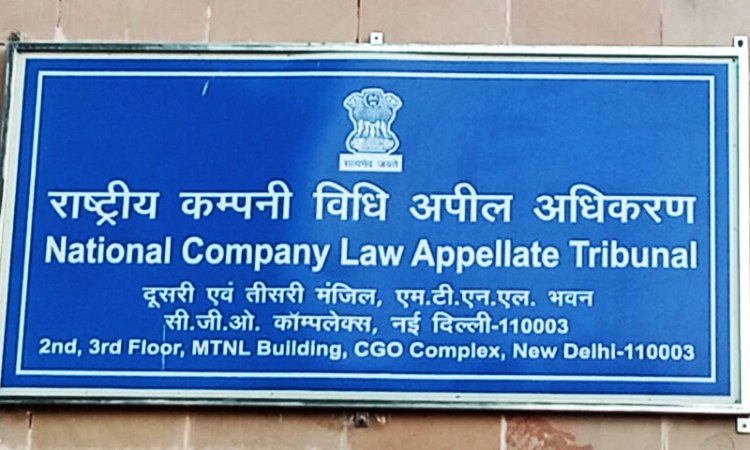The NCLAT, Principal Bench consisting of Justice Anant Bijay Singh (Judicial Member) and Ms. Shreesha Merla (Technical Member) in Noida Special Economic Zone Authority v. Mr. Manish Agarwal refused to set aside the order passed by the Adjudicating Authority, which approved the Resolution Plan, reiterating that the commercial wisdom of the CoC with respect to viability and financial...

